Institute for European Studies
Cornell Summer Public Policy Program in Turin Info Session
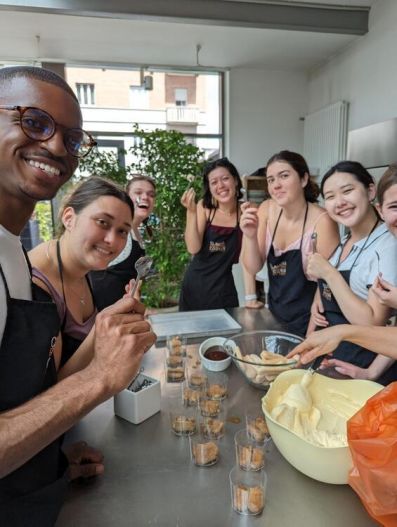
February 10, 2026
4:30 pm
Martha Van Rensselaer Hall, 1102
Find out more about our summer public policy program in Turin. Nestled between the Alps and the Mediterranean in the magnificent Piedmont region of northern Italy, the city of Turin provides an inspiring background to explore the causes and consequences of population change, the debates unfolding in Europe around these issues, and the policies intended to address them. Population problems are central to societal change in numerous areas- inequality, immigration and diversity, race relations, family life, health and aging, and social welfare systems. This program explores the causes and consequences of population change, paying particular attention to how population processes interact with the social, economic, and political context in which they play out.
Additional Information
Program
Institute for European Studies
Imagining and Building Post-crisis Places
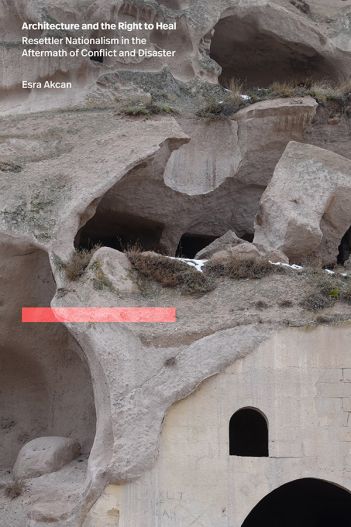
Esra Akcan, IES
Esra Akcan's new book, “Architecture and the Right to Heal,” examines architecture’s dual role as both a cause of human casualties and an agent for the public good with the potential to ameliorate traumas following conflict and crises.
Additional Information
Book Symposium: "Bukovina: The Life and Death of an East European Borderland"
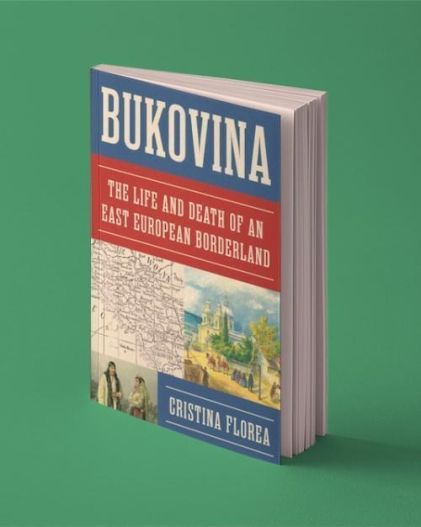
April 9, 2026
12:00 pm
Uris Hall, G08
"Bukovina: The Life and Death of an East European Borderland" (Princeton University Press, December 2025)
The making and remaking of Bukovina, a disputed Eastern European borderland, from the eighteenth century to the present day
Bukovina, when it has existed on official maps, has always fit uneasily among its neighbors. The region is now divided between Romania and Ukraine but has long been a testing ground for successive regimes, including the Habsburg Empire, independent and later Nazi-allied Romania, and the Soviet Union, as each sought to reshape the region in its own image. In this beautifully written and wide-ranging book, Cristina Florea traces the history of Bukovina, showing how this borderland, the onetime buffer between Christendom and Islam, found itself at the forefront of modern state-building and governance projects that eventually extended throughout the rest of Europe. Encounters that play out in borderlands have proved crucial to the development of modern state ambitions and governance practices.
Drawing on a wide range of archives and published sources in Russian, Ukrainian, German, Romanian, French, and Yiddish, Florea integrates stories of ethnic and linguistic groups—rural Ukrainians, Romanians, and Germans, and urban German-speaking Jews and Poles—who lived side by side in Bukovina, all of them navigating constant reconfiguration and reinvention. Challenging traditional chronologies in European history, she shows that different transformations in the region occurred at different tempos, creating a historical palimpsest and a sense among locals that they had lived many lives.
A two-hundred-year history of a region shaped by the conflicting pulls of imperial legacies and national ambitions, Bukovina reveals the paradoxes of modern history found in a microcosm of Eastern Europe.
About the speaker
I am a historian of Central and Eastern Europe, interested in the interactions between German and Russian power (their competition for territory and influence) across this space, as well as the consequences these interactions have had for the people living in between. In my work, I explore questions such as the relationship between nationalism and empire, the importance of imperial legacies in modern European history, and the centrality of imperial competition to East European politics and societies. While I approach my field from a global and transnational perspective, I do not forsake the local but aim to show how small places can shed light on the relationship between great power politics and large global processes, and local politics and society.
Hosted by the Institute for European Studies, part of the Einaudi Center for International Studies
Additional Information
Program
Einaudi Center for International Studies
Reppy Institute for Peace and Conflict Studies
Institute for European Studies
Information Session: Graduate Student Opportunities at the Einaudi Center

February 9, 2026
4:30 pm
Uris Hall, G08
Join us to learn about opportunities for graduate students with the Einaudi Center for International Studies. This session will discuss how to discover or strengthen global interests, including research and travel grants, guest lectures, fellowships, and more!
Can't attend? Email programs@einaudi.cornell.edu for more information.
Additional Information
Program
Einaudi Center for International Studies
Reppy Institute for Peace and Conflict Studies
East Asia Program
Southeast Asia Program
Latin American and Caribbean Studies
Institute for European Studies
South Asia Program
Migrations Program
Institute for African Development
Southwest Asia and North Africa Program
Why Disney Is Partnering with OpenAI's Sora

Virginia Doellgast, IES
Virginia Doellgast, a professor at Cornell University's School of Industrial and Labor Relations, provides insights on Disney's partnership with OpenAI and its implications for creative labor and AI protections.
Additional Information
How Democracies Learn to Goose-step

Kaushik Basu, CRADLE/SAP/IES
In this op-ed, CRADLE cofounder Kaushik Basu (SAP/IES) argues the shift toward authoritarianism unfolds across a series of small, insidious steps—and universities may lead or reinforce political conformity.
Additional Information
Entanglements in World Politics: The Power of Uncertainty
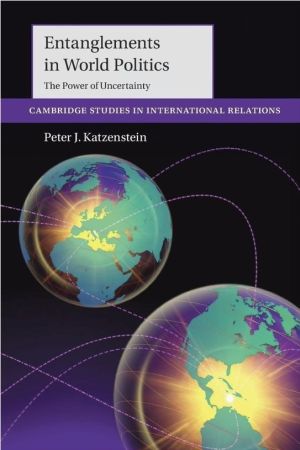
By Our Faculty
In this seminal study, Peter J. Katzenstein drags the analysis of world politics from the Newtonian humanism of the nineteenth century into a new post-Newtonianism of the twenty-first. The key concept is entanglement. By examining differences in context, process, and language, Katzenstein specifies how risk and uncertainty intertwine. Three deeply researched case studies – finance and political economy, nuclear crisis politics and war, and global warming and AI – support his original arguments. A chapter on power further illustrates the risk-uncertainty conundrum.
Book
Additional Information
Program
Type
- Book
Publication Details
Publication Year: 2025
Journal: Cambridge Studies in International Relations
ISBN: 9781009675819
Bukovina: East European Microcosm
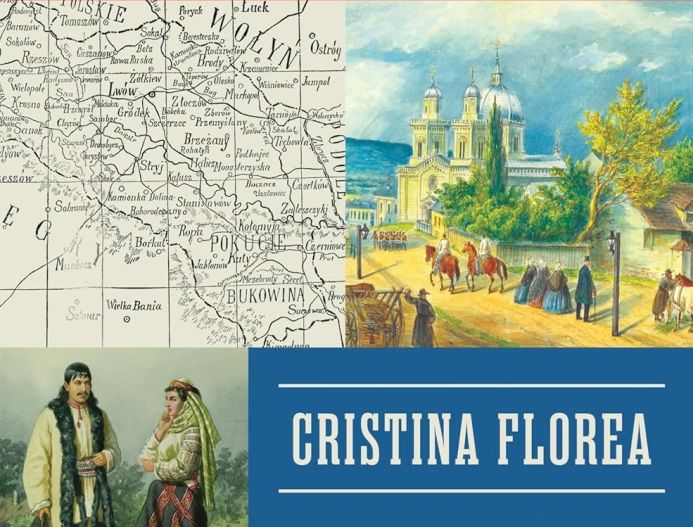
Cristina Florea in World in Focus
A new book from Cristina Florea (IES/PACS) recounts the complex history of Bukovina, a vanished borderland and buffer between Christendom and Islam. The region is now divided between Romania and Ukraine.
“[Bukovina] was a place where one might be born under one regime, grow up under another, come of age under a third, and die as a citizen of a completely different state. Within a single lifetime, people experienced multiple forms of government and were subjected to successive cultural and political projects.”
In Bukovina: The Life and Death of an East European Borderland (Princeton UP: December 2025), Cristina Florea tells the story of a place that no longer appears on maps, but continues to be shaped by competing national ambitions and the afterimages of successive empires.
Drawing on sources in Russian, Ukrainian, German, Romanian, French, and Yiddish, the book integrates stories of rural Ukrainians, Romanians, Germans, and urban German-speaking Jews and Poles who lived side by side in Bukovina—all navigating constant change and reinvention.
Today, Bukovina is once again at the center of geopolitical realignment, Florea said: “It is home to refugees fleeing eastern Ukraine and shaped by the afterlife of yet another empire: the Soviet Union. The story I tell in this book, as it has become painfully clear, has not ended.”
After the book's publication on December 16, Florea spoke with the College of Arts and Sciences about how the small borderland of Bukovina found itself at the forefront of modern state-building and governance projects that eventually extended through the rest of Europe.
“Enlightenment-era imperial projects, liberalism and its limits, competing nationalisms, two world wars, occupations and liberations, postwar reconstruction, and the dilemmas of governing diversity,” she said, “all unfold here almost as if we were watching Europe’s history on fast-forward.”
Cristina Florea is the Institute for European Studies Director's Faculty Fellow. She is an assistant professor of history (A&S) and frequent media voice on current events in Central and Eastern Europe.
Featured in World in Focus Briefs
Additional Information
Topic
- World in Focus
Program
Greenland: The Last Colony in Europe
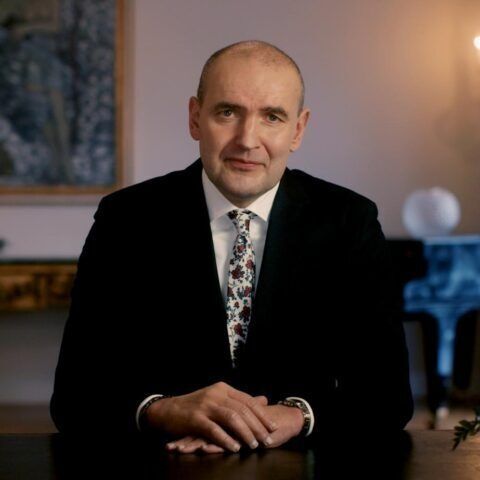
March 19, 2026
12:00 pm
Greenland: The Last Colony in Europe: The history, status and future of Greenland as seen from its closest European neighbour
President Guðni Th. Jóhannesson, former President of Iceland (2016–2024) and current Professor of History at the University of Iceland, explores Greenland’s complex path from colony to emerging nation. Drawing on Iceland’s own experience of gaining independence from Denmark, he examines the historical ties, political tensions, and geopolitical stakes that shape Greenland’s future amid growing great-power interest in the Arctic. The lecture offers a unique perspective from Iceland, Europe’s closest neighbour to Greenland, on questions of sovereignty, self-determination, and small-state resilience in an era of global change.
Additional Information
Program
Einaudi Center for International Studies
Reppy Institute for Peace and Conflict Studies
Institute for European Studies
